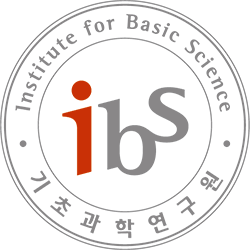Johannes Carmesin, A Whitney type theorem for surfaces: characterising graphs with locally planar embeddings
Zoom ID: 869 4632 6610 (ibsdimag)Given a graph, how do we construct a surface so that the graph embeds in that surface in an optimal way? Thomassen showed that for minimum genus as optimality criterion, this problem would be NP-hard. Instead of minimum genus, here we use local planarity -- and provide a polynomial algorithm. Our embedding method is based …

